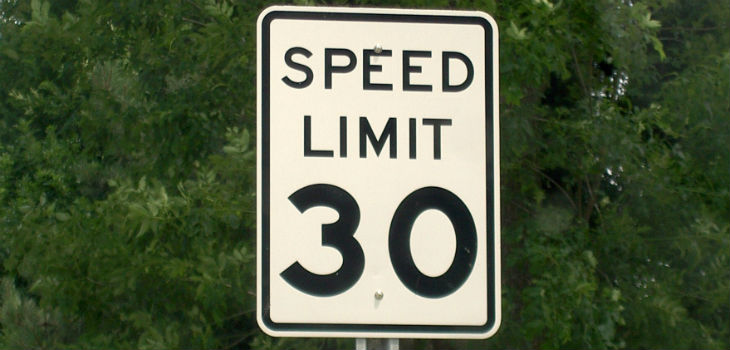
OLYMPIA—The House today voted unanimously to join AARP-Washington, the Washington State PTA and many Washington cities in calling for quick enactment of the Neighborhood Safe Speeds Bill.
The proposal by state Rep. Cindy Ryu (D-Shoreline) would allow local governments to lower speed limits to 20 miles per hour on non-arterial roads without conducting expensive traffic studies.
“Today’s vote is a big step toward helping local governments save lives and tax dollars by giving them more local control over the future of their neighborhoods,” said Ryu (D-Shoreline).
Ryu’s Neighborhood Safe Speeds Bill passed the House unanimously last year, but was not passed by the Senate before the 2011 session ended. A number of leading organizations have since come forward to advocate for the health and safety benefits of the bill.
“We’re excited to see the strong support that the Neighborhood Safe Speeds Bill is getting from around the state,” said Blake Trask, statewide policy director for the Bicycle Alliance of Washington. “Support from organizations ranging from AAA-Washington and AARP-Washington to the Washington State PTA, as well as from many cities, such as Spokane, Kirkland, and Bellingham, highlight how this bill is about local control, safety for children and the elderly, and cutting red tape for cities.”
Current law requires cities to conduct traffic studies before lowering speed limits, even on non-arterial roads. The Washington State Association of County Engineers estimates that it typically costs $1,000 to $5,000 to do the kind of traffic studies that cities could avoid under Ryu’s bill. These costs can be significantly higher in complex situations and can be a major barrier to smaller cities who may need to pay outside consultants to do the work.
“Communities are asking lawmakers to give them more cost-saving tools and local options instead of mandates,” Ryu said. “This bill will help. It removes an expensive state mandate that deters communities from lowering speed limits on non-arterial roads even when they recognize that lower speeds would make people safer or promote local businesses and jobs.”
According to the Bicycle Alliance of Washington, there is only a 5 percent chance of dying from a collision with a motor vehicle at 20 miles per hour compared with a 45 chance of dying from a similar impact at 30 miles per hour.
The 96-0 vote sends House Bill 1217 to the Senate for further consideration.
On the web:
Fact Sheet on the Neighborhood Safe Speeds Bill, prepared by the Bicycle Alliance of Washington.
